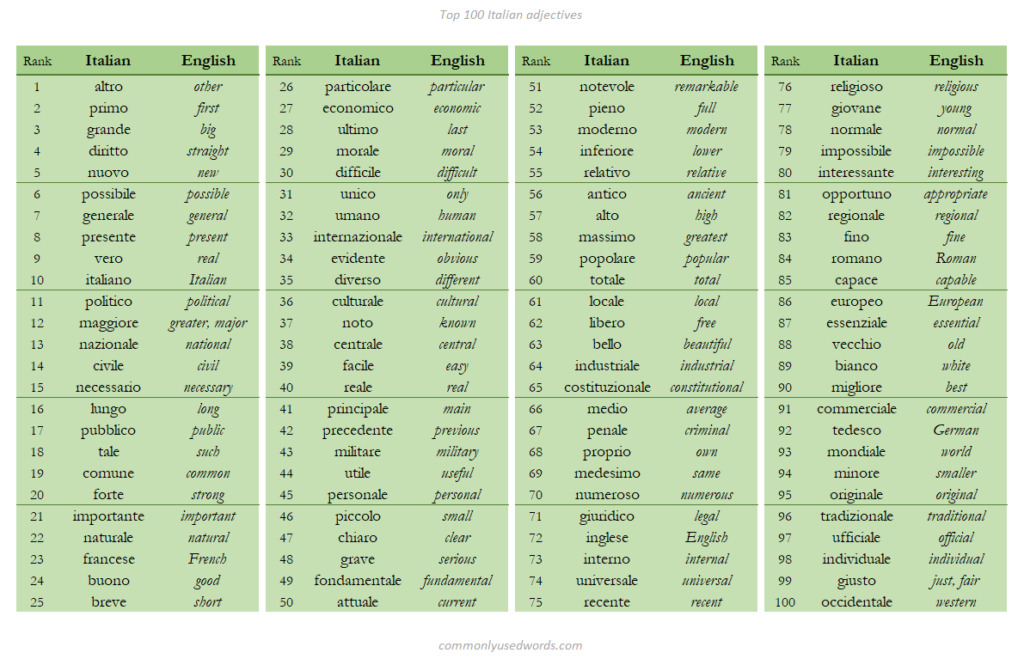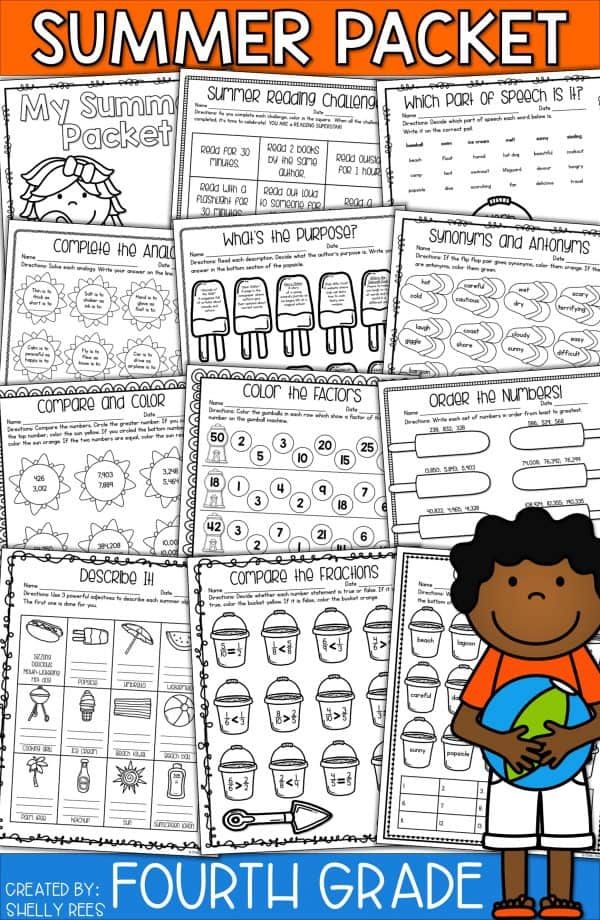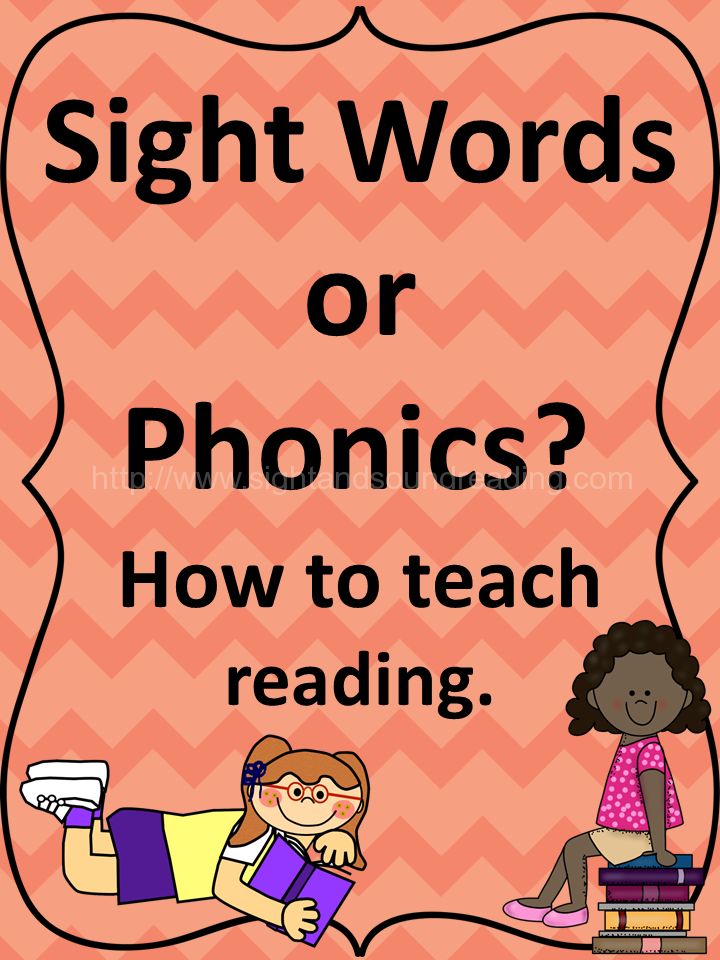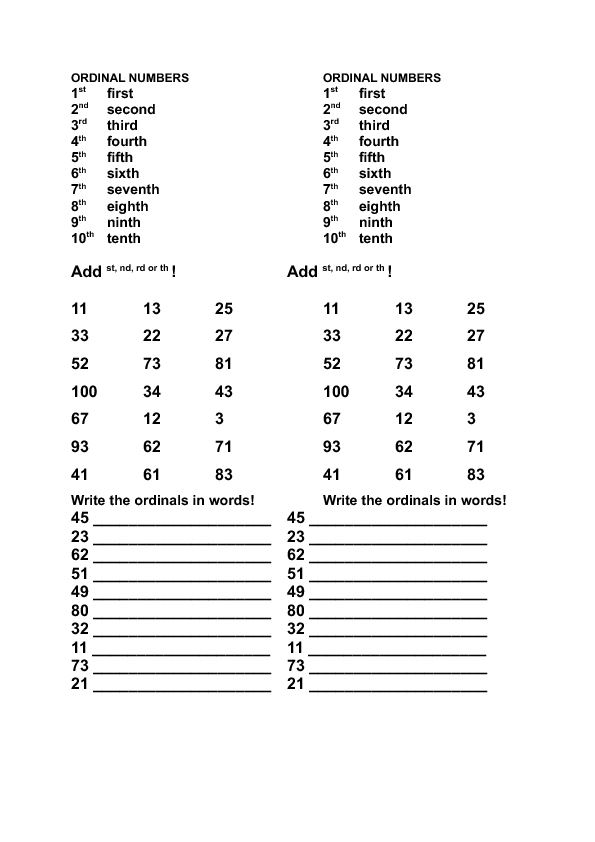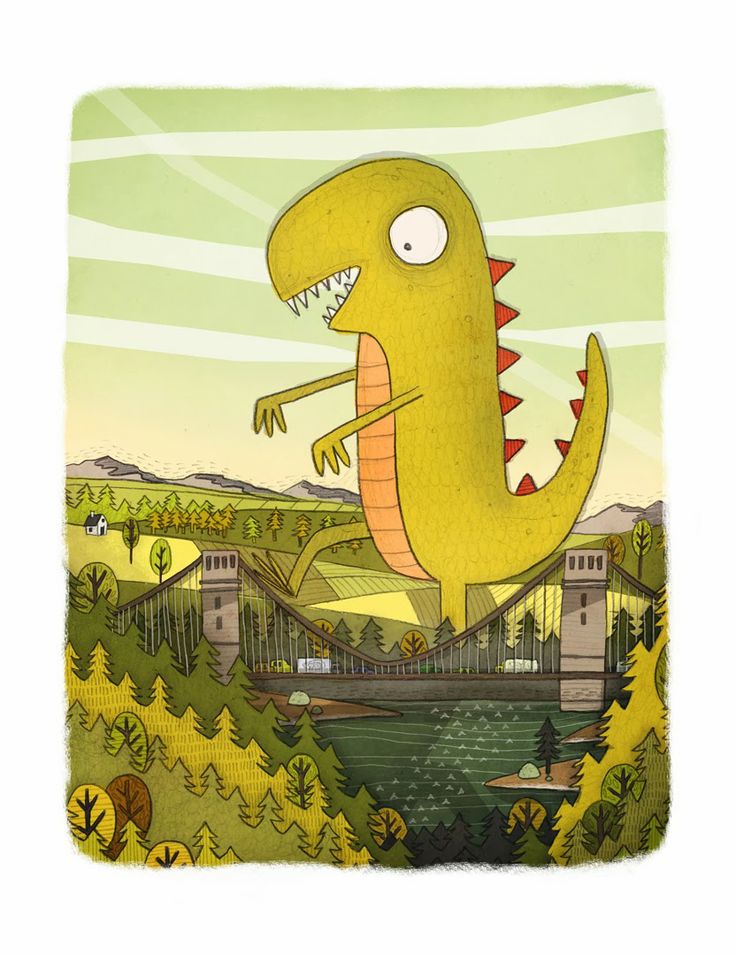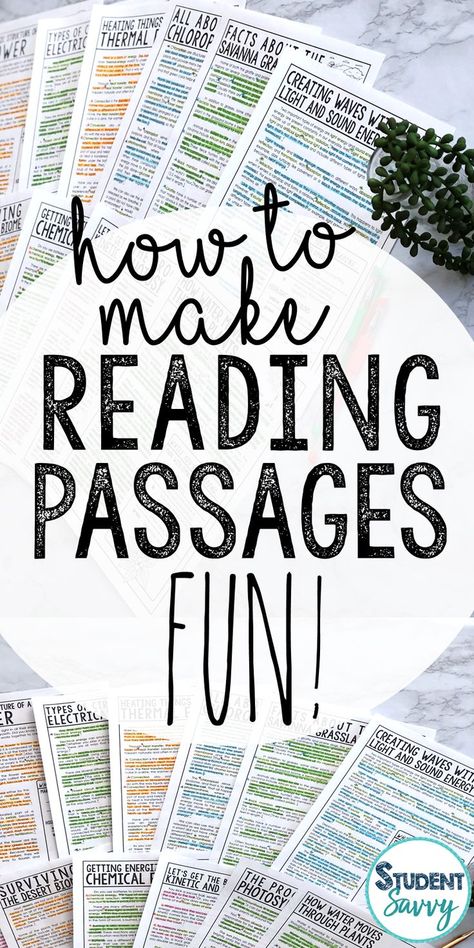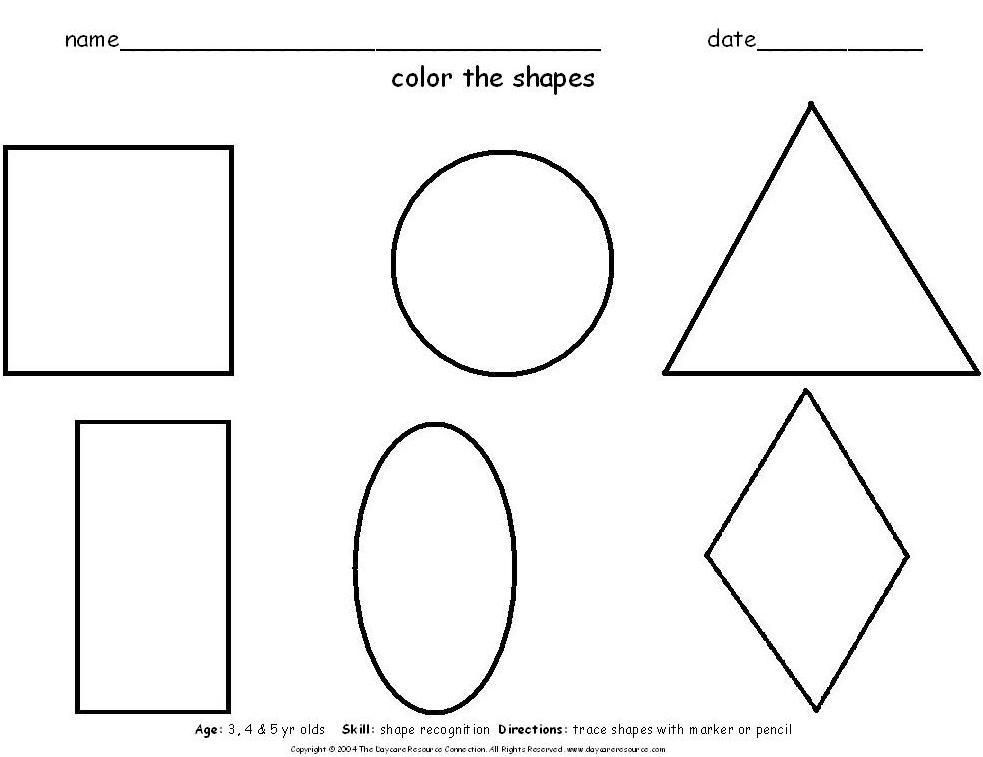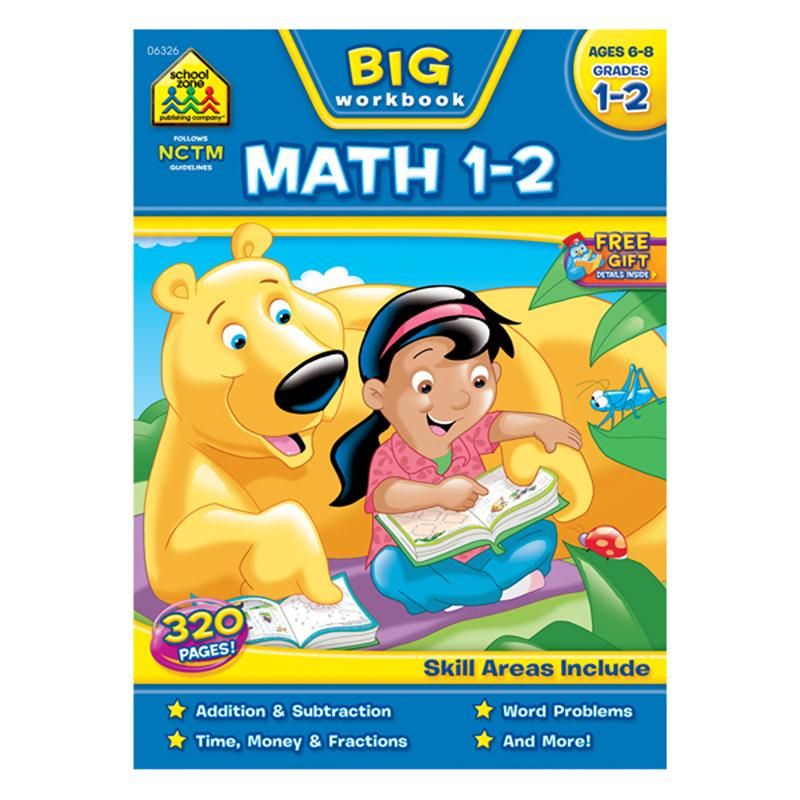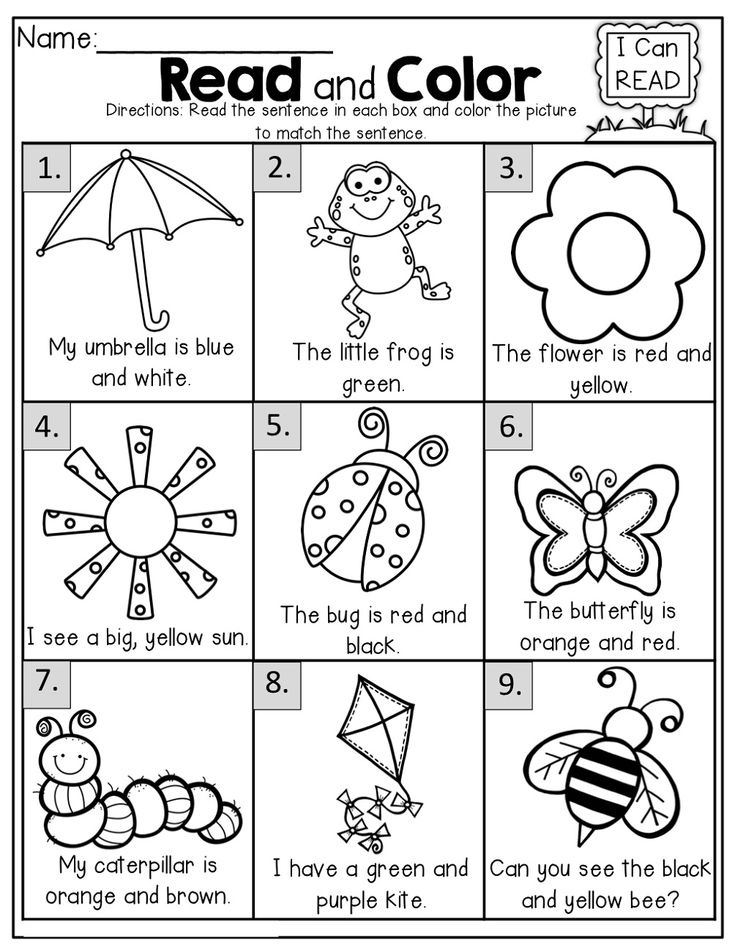List of main verb
List of Verbs
This list of verbs will help you understand verbs a little better. Verbs are words that show actions or states of being. There are two types of what are called main verbs: action verbs and linking verbs, and there's one extra category that can help either of those main verbs. These helpers are called helping verbs.
Below, you'll find lists of and details about action verbs, linking verbs, and helping verbs. Here we go!
Action Verbs
These are one of the types of main verbs. (Every sentence needs to have a subject and at least one main verb.) As their name implies, action verbs show action.
I walked around the lake.
We learned grammar.
Now it's your turn! Try thinking of three action verbs right now. Did you do it?
You probably picked verbs that showed movement that could be easily seen or heard (ran, jumped, shouted, skipped, cooked, wrote, etc. ) That's great, but just keep in mind that there are many actions that can't be easily perceived with our eyes and ears (thought, contemplated, learned, etc.)
There are many, many action verbs out there, and we can further categorize them into three groups. Here are the three types of action verbs along with a list for each kind. Keep in mind that these lists aren't exhaustive.
List of Transitive Active Verbs
Transitive active verbs are action verbs that transfer their action to something called a direct object.
Joe kicked the ball.
Kicked is the transitive active action verb. It's transferring its action to ball, which is the direct object. Notice that ball is receiving the action. It's the thing that's getting kicked.
Transitive Active List
A accept, adopt, anticipate
B borrow, blame, buy
C carry, change, celebrate
D declare, develop, drive
E earn, edit, extend
F fix, forgive, forget
G gather, give, grip
H help, hug, hum
I identify, ignore, influence
J jerk, jog, juggle
K keep, kiss
L leak, lead, lift
M magnify, maintain, measure
N name, notice, nurture
O obliterate, offend, open
P pay, play, practice
Q question, quarantine
R rake, read, raise
S sing, steal, store
T teach, test, try
U unravel, unpack, use
V visit, volunteer, vote
W weigh, wrangle, write
X x-ray, xerox
Y yank, yell, yield
Z zest, zip
List of Transitive Passive Verbs
Transitive passive verbs are action verbs that transfer their action to the subject.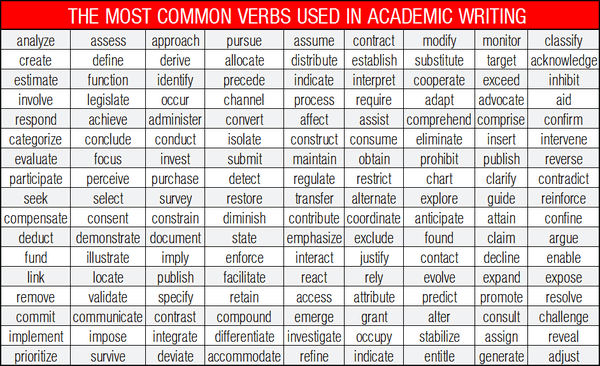
My car was stolen.
Stolen is the transitive passive verb (was is a helping verb). It is transferring its action to car, which is the subject. Notice that car is receiving the action. It's the thing that's getting stolen.
Transitive passive verbs are always in verb phrases, and they are always made with the past participle form of the verb.
Transitive Passive List
To create a transitive passive verb, add is, am, are, was, were, be, being, or been in front of the past participles listed below.
A accepted, adopted, anticipated
B borrowed, blamed, bought
C carried, changed, celebrated
D declared, developed, driven
E earned, edited, extended
F fixed, forgave, forgiven
G gathered, given, gripped
H helped, hugged, hummed
I identified, ignored, influenced
J jerked, jogged, juggled
K kept, kissed
L leaked, led, lifted
M magnified, maintained, measured
N named, noticed, nurtured
O obliterated, offended, opened
P paid, played, practiced
Q questioned, quarantined
R raked, read, raised
S sung, stolen, stored
T taught, tested, tried
U unraveled, unpacked, used
V visited, voted
W weighed, wrangled, written
X x-rayed, xeroxed
Y yanked, yelled, yielded
Z zested, zipped
Intransitive Complete
Intransitive complete verbs are action verbs that don't transfer their action to anyone or anything.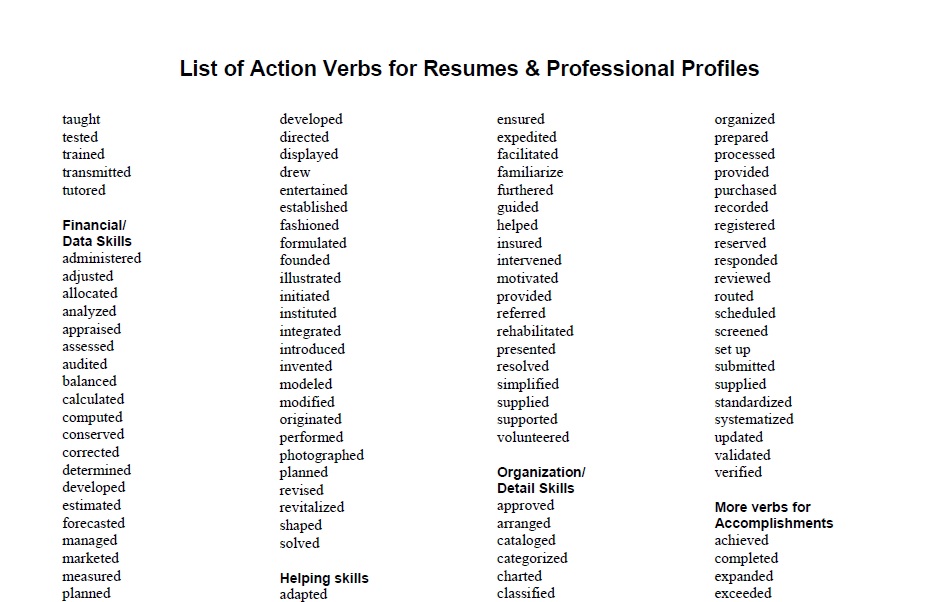 They are complete all by themselves!
They are complete all by themselves!
The dog barked.
Notice that the dog didn't bark something. It just barked. It's not transferring its action to a receiver.
Intransitive Complete List
A accelerated, acted, ate
B barked, biked, blinked
C changed, chewed, cooked
D dominated, drooled, drove
E endured, exercised
F fished, flashed, forgot
G grinned, grumbled, grunted
H helped, hid, hurried
I improved, invaded, investigated
J jaywalked, joked, jumped
K kayaked, kicked, kidded
L laughed, learned, looked
M migrated, moped
N navigated, nested
O observed, overpaid
P paid, painted, posed
Q quacked, quarreled, quipped
R ran, read, rose
S sang, shouted, swam
T testified, twisted, typed
U understood, unpacked, unwound
V volunteered, voted
W waddled, winked, worked
Y yawned, yelled, yodeled
Z zipped
Linking Verbs
You just learned that action verbs are one of the types of main verbs.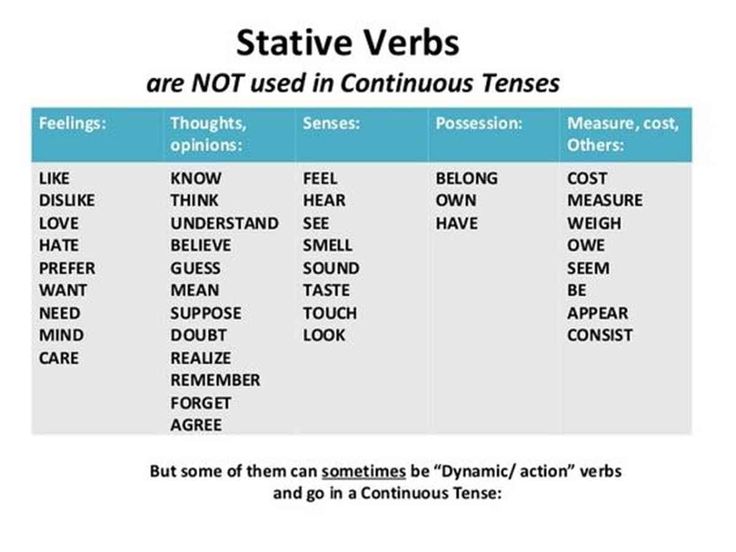 Now, we'll look at the other kind: linking verbs. Linking verbs don't show action. They link the subject of a sentence with either a noun that renames it (called a predicate noun) or an adjective that describes it (called a predicate adjective).
Now, we'll look at the other kind: linking verbs. Linking verbs don't show action. They link the subject of a sentence with either a noun that renames it (called a predicate noun) or an adjective that describes it (called a predicate adjective).
You might find it helpful to think of linking verbs as equals signs between subjects and predicate nouns or predicate adjectives.
I am a teacher.
I = teacher
As you know, there are many, many action verbs. However, there are only a handful of verbs that can function as linking verbs. Here they are:
Linking Verbs List
be, am, is, are, was, were, been, being
appear, become, feel, grow, look, seem, remain, smell, sound, stay, taste, turn
Helping Verbs
You have just learned about the two types of main verbs: action verbs and linking verbs. It's time to learn about helping verbs!
These do just what their name implies. They help the main verb in the sentence by telling us more about its tense and the subtleties of its meaning. Remember that the main verb will be either an action verb or a linking verb.
Remember that the main verb will be either an action verb or a linking verb.
The dog will bark.
Bark is the main verb. It's an action verb. Will is the helping verb.
The helping verb(s) and the main verb come together to form a verb phrase.
Danny will be an artist.
Be is the main verb. It's a linking verb. Will is the helping verb. Both words together (will be) form a verb phrase.
Here is a list of 24 common helping verbs. You can sing these to the tune of Witch Doctor ("Ooh ee ooh ah ah..."). I sing it for you here if you'd like to listen to me! :)
Helping Verbs List
be, am, is, are, was,
were, been, being, have, has, had,
could, should, would, may, might,
must, shall, can, will, do, did,
does, having
Would you like to download these word lists?
- Word Lists for the 8 Parts of Speech (Nouns, Pronouns, Verbs, Adjectives, Adverbs, Prepositions, Conjunctions, & Interjections)
- 17 Pages
- Printable
- 100% Money-Back Guarantee
- Only $2.
 99
99
This is original content from https://www.english-grammar-revolution.com/list-of-verbs.html
What is a Main Verb? Types, examples, and key points
main verbs in EnglishThis post will help you master what a main verb is in English, different types of main verbs, and how to use them in a sentence.
What is a main verb in English?Main verb definition: the main verb is the most important verb in a sentence. It usually refers to an action or a state of the subject. It also connects the subject to its complement called the subject complement. Main verbs either stand alone or are paired with a helping verb (also known as an auxiliary verb) in a sentence.
Examples of main verbs in sentences:- Aarushi made me heavenly cookies yesterday.
(Here, ‘made’ is the main verb, indicating the action that the subject ‘Aarushi’ performed in the past. It is an action verb.)
- Ashish loves teaching English.

(In this sentence, ‘loves’ is the main verb that is showing the emotional state the subject ‘Ashish’ is in. It is a stative verb.)
- Your friend Jimmy is the best dancer I have seen.
(Here, ‘is’ is the main verb that is connecting the subject ‘Your friend Jimmy’ to its complement: the best dancer I have seen. It is a linking verb.)
- They had eaten all the chocolates before we could even reach there.
(Here, ‘eaten’ is the main verb, and ‘had’ is the helping verb. The main verb is indicating an action here.)
- When we got home, Tina was sleeping like an angel, looking unbelievably adorable.
(In this sentence, ‘sleeping’ is the main verb, and ‘was’ is the helping verb. Sleeping, here, is an intransitive action verb.)
Main verbs in English can be classifies into three categories:
- Action verbs
- Linking verbs
- Stative verbs
 Action verbs
Action verbsAction verbs in English, also known as dynamic verbs, indicate an action. The action can be physical or mental. There are thousands of action verbs in English.
Some action verbs in English
abuse accomplish accuse achieve act activate add address adjust advise aid answer arrange arrest attack attain balance bang beat bite blast blend block blow calculate call cancel change check | clap | Lift |
Examples of action verbs in sentences:
- Don’t worry.
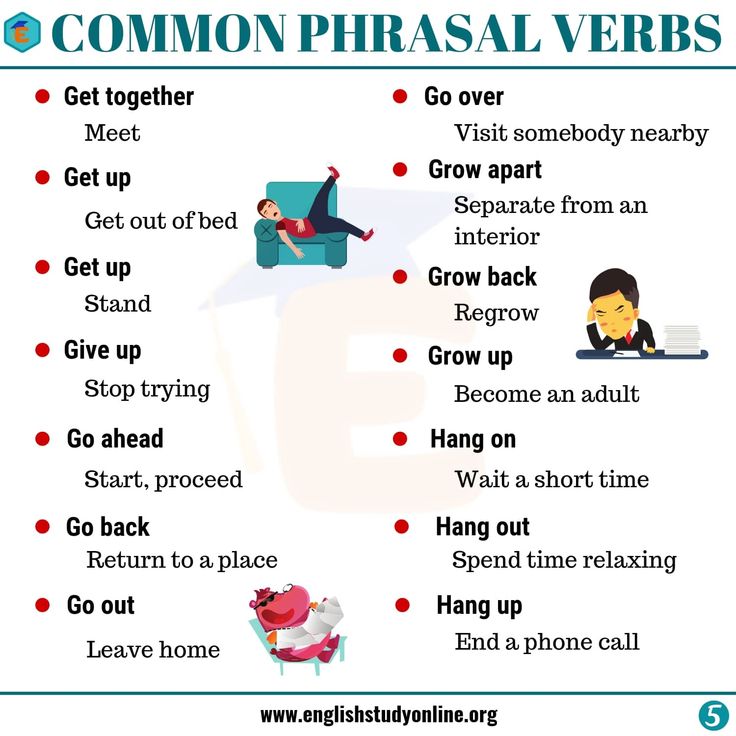 The dog does not bite.
The dog does not bite. - Do you eat fish?
- Max studied very hard for the exam.
- Don’t wait for us. We will be late tonight.
- After the meeting, let’s go to a nice place and eat something good.
- She always yells at me for no reason.
Note that actions verbs are dived into two categories based. Let’s study them.
Other types action verbs in English- Transitive and Intransitive verbs
- Regular and Irregular verbs
A transitive verb is an action verb or a stative verb that has an object. It acts upon something or somebody. A transitive verb indicates an action that can be acted upon an object. Note that it is a type of the main verb.
TIP: ask ‘what‘ or ‘what‘ to the verb to find out the object of the transitive verb.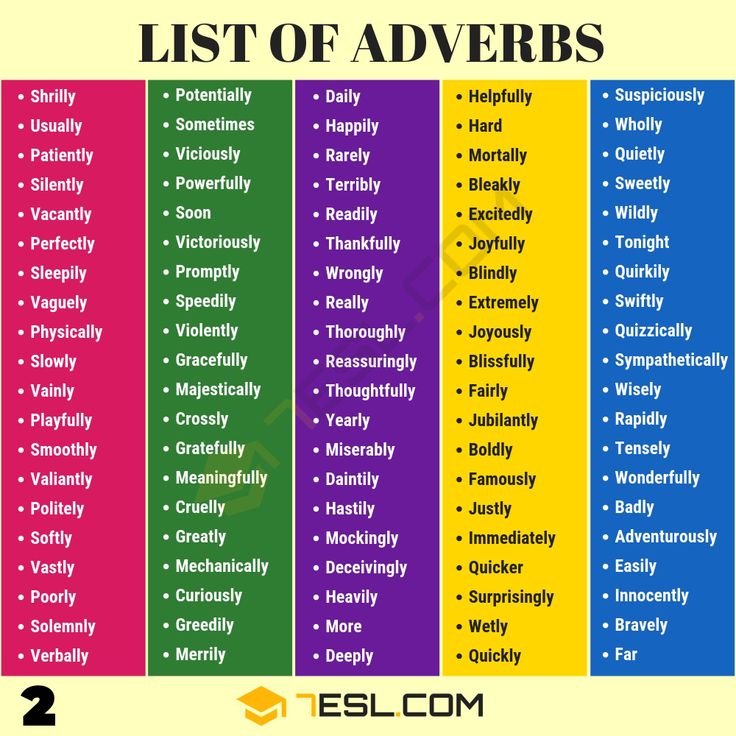
Examples:
- I will call Jacob in some time.
(‘Call‘ is the transitive verb. Asking ‘whom‘ to it gives us its object: Jacob. I will call ‘whom‘?)
- Most people are learning English in our class.
(Here, ‘learning is the transitive verb. It has an object: English. Asking ‘what‘ to the verb gets us the object. He is learning ‘what’? ‘English‘ is the answer.)
More examples of transitive verbs:
- Nobody knows the answer to your question.
- She has disappointed us.
- We hate playing with him.
- Could you pass the bottle to me?
- Do you still hate Manan?
- He refused the offer.
- You should never question him again.
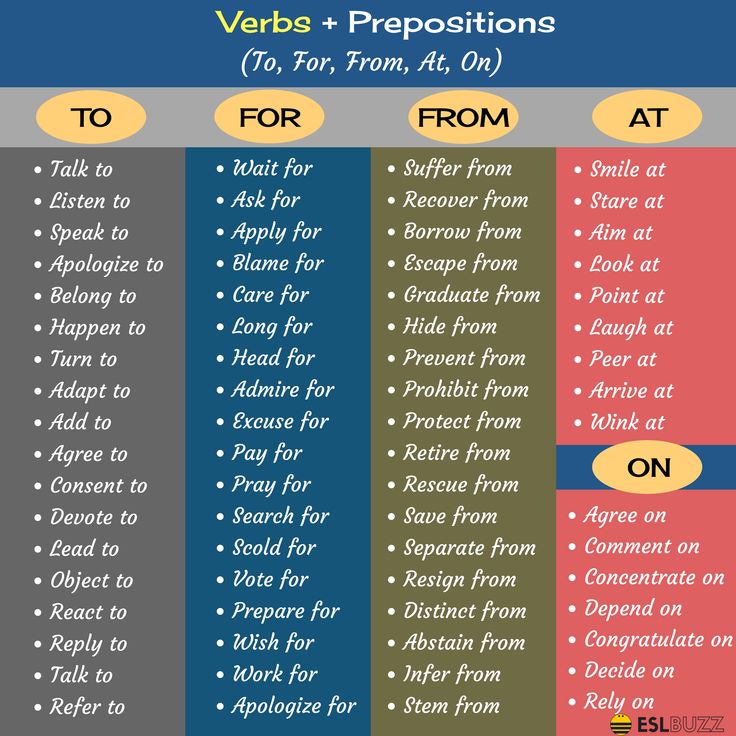
- My friends are enjoying the party.
- Should I invite her to the party?
- He should have accepted his mistake.
Notice that the transitive verbs are colored red and their objects are italicized. You can ask ‘what’ or ‘whom’ to the verb to find out their objects.
Note: some verbs answer both ‘what’ and ‘whom’; they are called ditransitive verbs.- I will show you my secret diary.
Direct object = my secret diary
Indirect object = you
An intransitive verb is an action verb that can’t be acted upon an object: a person or a thing. It does not have an object.
Common intransitive verbs in English
- Sleep
- Yawn
- Laugh
- Smile
- Giggle
- Cry
- Whine
- Shout
- Fall
- Stand
- Sit
- Jog
- Sneeze
Examples:
- Jon was sleeping in his couch.

(‘Sleeping‘ is the action verb, but it is an intransitive verb. It can’t have an object. Can you sleep something or somebody? No, you can’t. You can sleep ‘on‘, in‘ or even ‘with’ something but you can’t sleep an object.)
- Why is he crying?
(Can you cry something or somebody? Try asking ‘what’ or ‘whom’ to the verb ‘cry’ and see if it gives you an answer. You can cry ‘about’ or ‘for’ an object, but you can’t cry a person or a thing.)
- She smiled at me.
(Again, ask yourself: can you smile a person or a thing? You can smile at a person or a thing, but you can’t perform this action upon someone or something directly. It is an intransitive verb.)
More examples:
- He always whines about his job.
- Are you laughing at my looks?
- You can yawn in the class.
- Why is he standing at the table?
Regular and irregular verbs are categorized based on whether or not they end with a certain pattern in different tenses.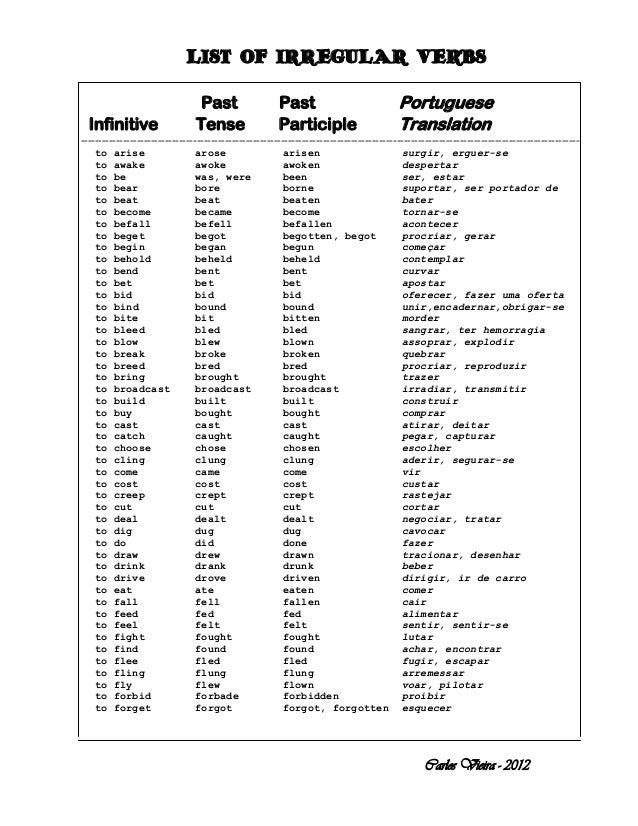 These verbs are formed on the basis of how they look (pattern). They don’t have a specific function. A regular or an irregular verb, like any other action verb, is either a transitive verb or an intransitive verb.
These verbs are formed on the basis of how they look (pattern). They don’t have a specific function. A regular or an irregular verb, like any other action verb, is either a transitive verb or an intransitive verb.
Verbs that end with a certain pattern (ed, d, ied, t) when changed into past and past participle forms.
Verbs ending with ‘ed’
| Base form | Past tense | Past participle |
| Arrive | Arrived | Arrived |
| Arrange | Arranged | Arranged |
| Ask | Asked | Asked |
| Belong | Belonged | Belonged |
| Call | Called | Called |
| Dance | Danced | Danced |
Verbs ending with ‘ied’
| Base form | Past tense | Past participle |
| Cry | Cried | Cried |
| Fry | Fried | Fried |
| Dry | Dried | Dried |
| Study | Studied | Studied |
| Try | Tried | Tried |
| Apply | Applied | Applied |
Action verbs that don’t end in a certain pattern in past and past participle are called irregular verbs.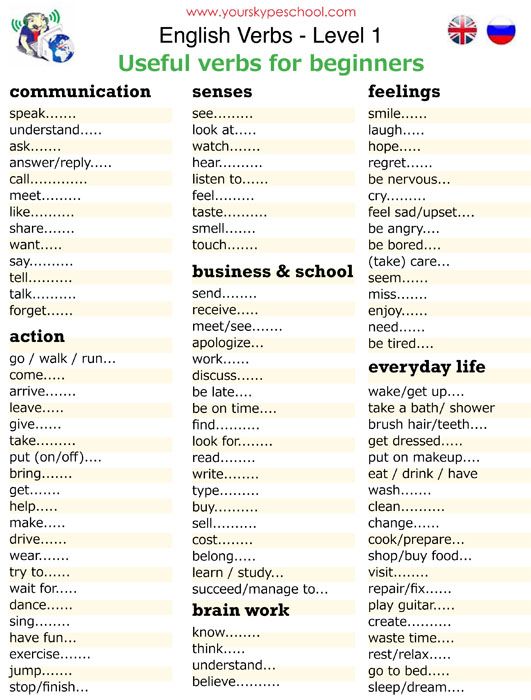
| Base form | Past tense | Past participle |
| Go | Went | Gone |
| Eat | Ate | Eaten |
| Take | Tried | Taken |
| Drink | Drank | Drunk |
| Run | Ran | Run |
| Throw | Threw | Thrown |
A linking verb links the subject to a word or words called the subject complement. A subject complement identifies the subject and either renames it (using a noun) or describes it (using an adjective). A linking verb is a type of the main verb.
Linking verbs list
| TO BE | TO BE: is, am, are, was, were, may be, might be, should be, would be, can be, could be, must be, will be, shall be, BEING: is being, am being, are being, was being, were being BEEN: has been, have been, had been, may have been, must have been, could have, should have been, |
| TO SEEM | seem, seems, seemed |
| TO LOOK | look, looks, looked |
| TO FEEL | feel, feels, felt |
| TO SOUND | sound, sounds, sounded |
| TO TASTE | taste, tastes, tasted |
| TO SMELL | smell, smells, smelt |
| TO STAY | stay, stays, stayed |
| TO BECOME | become, becomes, became |
| TO GO | go, goes, went, gone |
| TO REMAIN | remain, remains, remained |
| TO TURN | turn, turns, turned |
| TO GET | get, gets, got |
| TO APPEAR | appear, appears, appeared |
Examples:
- You are a wonderful friend.
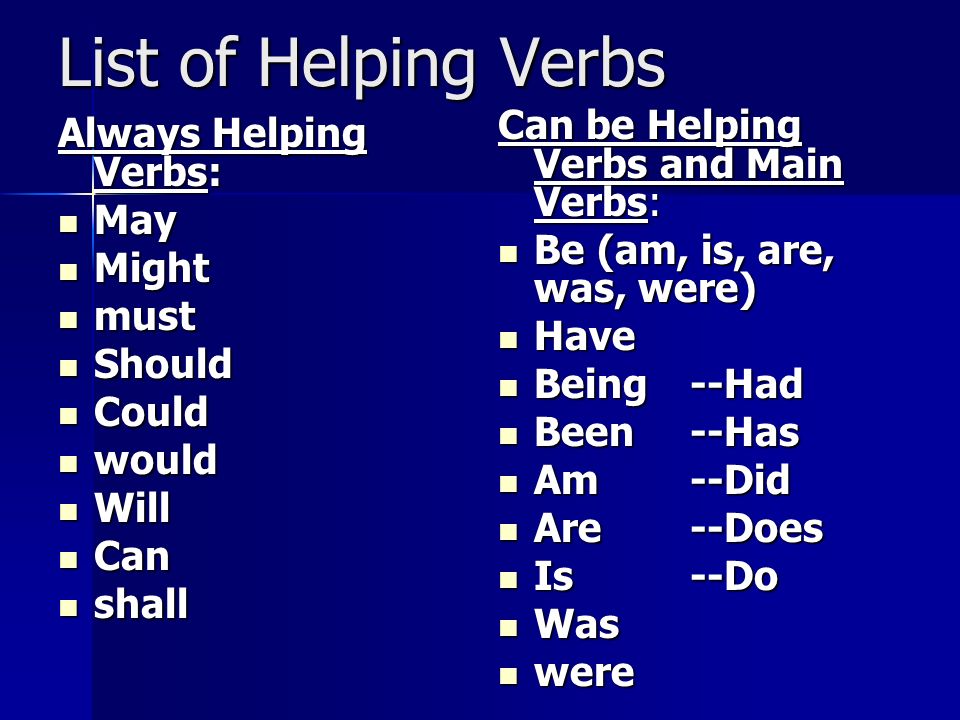
(The linking verb ‘are‘ is linking the subject ‘you’ to its complement ‘a wonderful friend‘, which is giving the subject a name. You = a wonderful singer)
- Jon was mad at me last night.
(The linking verb ‘was‘ is connecting the subject ‘Jon’ with the subject complement ‘mad‘. Jon = mad.)
More examples of linking verbs:
- All the interviewers were being very rude to me.
- This year has been terrible for most people.
- Knowing how many skillful workers the company has lost, the employers have been very positive about the future.
- Jon had been very helpful in those days.
- You will be the mother of my baby in some time.
- We shall be happy to contribute to this amazing cause.
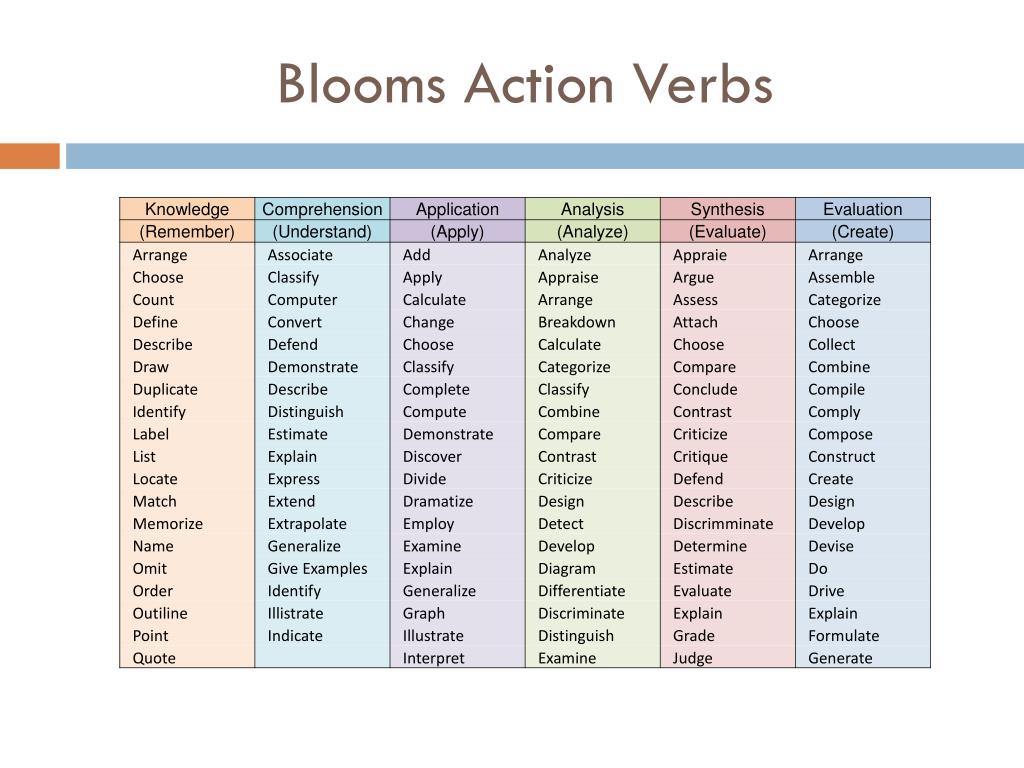
- Tina may be upset with you.
- This trip might be a failure.
Stative verb definition: A stative verb in English, also known as a state verb, is a type of the main verb that shows the state of the subject. It doesn’t indicate any physical (dynamic) action; it simply indicates in what state the subject is.
Examples:
- Jon did not understand my situation.
(Here, ‘understand’ is the stative verb that’s showing the cognitive/mental state of the subject ‘Jon’ in the past. He didn’t do any dynamic action. Actually, he did not do anything at all. The stative verb ‘understand’ indicates the mental state of the subject.)
When your emotions are in a certain way, you give them a name (love, hate, disgust). So verbs like love, hate, abhor, disgust, understand, etc don’t indicate a physical action. They just indicate a state (mental, emotional, possessional) the subject is in
But verbs like eat, sleep, write, type, run, walk are some verbs that indicate a physical action, unlike stative verbs.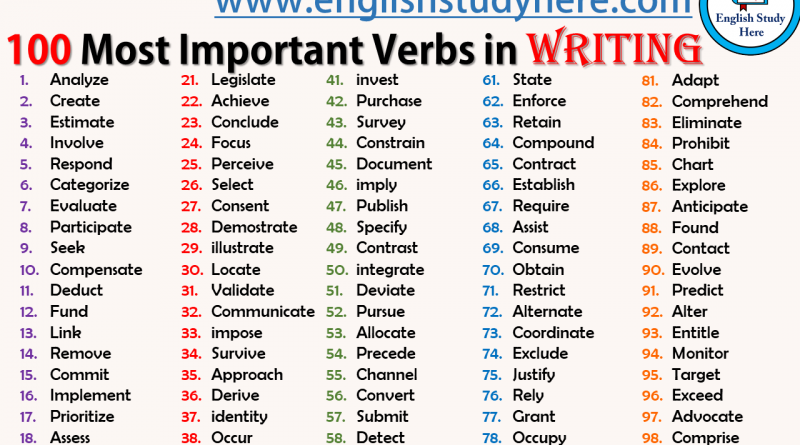
Stative verbs indicate the following state of a subject:
- Mental or Cognitive state: think, believe, doubt, guess, remember, pretend, recognize, recall, guess, forget, agree, disagree, need, prefer, satisfy
- Emotional state: love, hate, adore, abhor, like, dislike, appreciate, envy, detest, loathe
- Senses: see, hear, feel, seem, taste, smell, sense, sound
- Possessional state: have, belong, possess, own, belong, want
- Others (condition): weigh, contain, involve, concern, lack, deserve, matter, resemble
More examples of stative verbs:
- Every time we doubted him, he proved us wrong.
- How can he dislike chocolates?
- We appreciate what Max has done for our family.
- He needed food very badly.
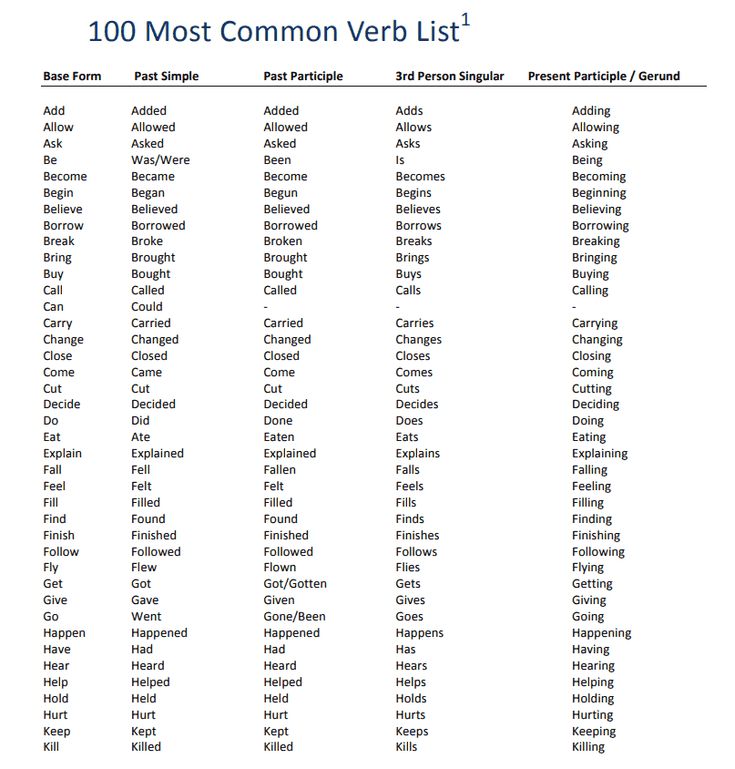
- You seem upset about something.
- The food tastes awful.
- You smell great.
- He sounds quite confident.
- All of us have a gaming laptop.
- She wanted a cook.
- The syrup contains alcohol.
Stative verbs are not used in continuous forms as they show the state of the subject. So, don’t make the mistake of using stative verbs in continuous tenses.
- We are loving the class. ❌
- We love the class. ✔️
- Are you understanding my question? ❌
- Do you understand my question? ✔️
- I am remembering everything about that day. ❌
- I remember everything about that day. ✔️
Here are the verbs that can be both stative verbs and action verbs:
- Smell
- Taste
- See
- Have
- Think
- Look
- Weigh
- Measure
- Be
- Feel
- Appear
| Verbs | Stative | Action |
| Smell | Meaning = the condition of something in terms of its smell • The fish smells awful. | Meaning = the action of using your nose • He smells the fish before packing them. |
| Taste | Meaning = the quality of taste of something • The food tastes delicious. | Meaning = to eat something to find out its taste • Let him taste the food. |
| See | Meaning = To perceive through your eyes • Can you see me? | Meaning = to check or date a person • The doctor is seeing someone right now. (checking) |
| Have | Meaning = to possess or own • Jon has a ship. | Meaning = to eat, take, or taste • You can have (eat) my lunch. |
| Think | Meaning = to talk about your opinion • I think he should try teaching. | Meaning = to have/process something in your mind • I was thinking about our conversation. |
| Look | Meaning = to appear • You look dapper in the suit. | Meaning = to direct eyes in a direction deliberately • They are looking at you. |
| Weigh | Meaning = the weight possessed by something • My phone weighs 200 gms. | Meaning = to measure the weight • The conductor is weighing the goods. |
| Measure | Meaning = the measurement of an object • The TV screen measures 42 inches. | Meaning = to measure something • We can’t measure the statue without permission. |
| Be | Meaning = a state of being • My friends are supportive. | Meaning = a deliberate action to be in a state/behave • He is being sarcastic. |
| Feel | Meaning = to have an opinion • I feel we are smart enough to pass the test. | Meaning = to experience a feeling or emotion (through touching generally) • I am feeling something hot in my pocket. |
| Appear | Meaning = to make people believe something to be true • He appears to be a talented teacher. | Meaning = to show up • Conor is appearing in the next show. |
All the ‘to be’ verbs can function as both linking verbs and helping verbs.
When ‘to be’ verbs function as helping verbs, they are followed by an action verb, and when they are followed by a noun or an adjective.
Examples:
- I am a teacher.
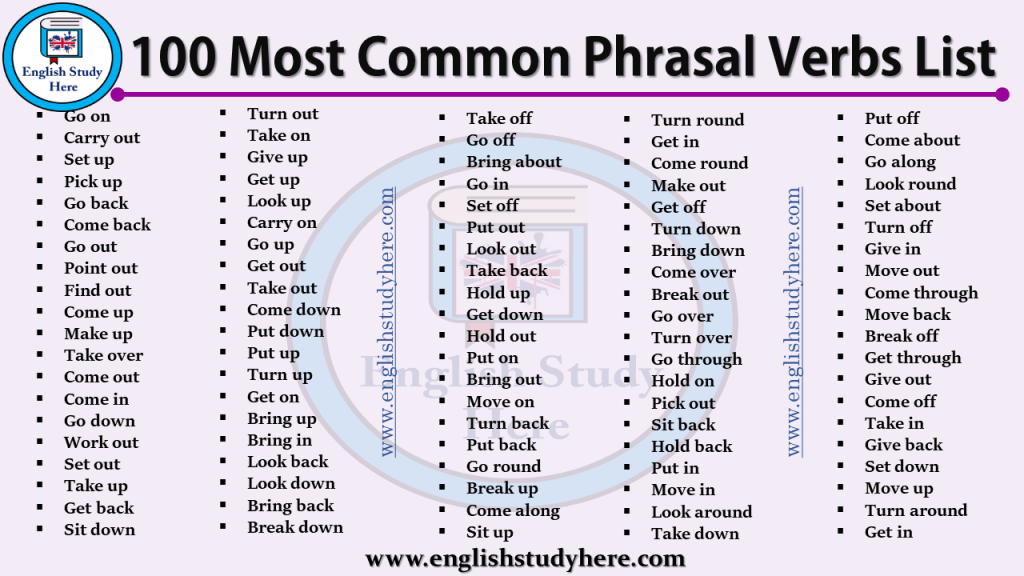 (linking verb)
(linking verb) - I am working on something. (helping verb)
- Ron has been very loyal to me. (linking verb)
- Ron has been living here for years. (helping verb)
Don’t make the mistake of using an adverb after a linking verb.
- It tasted strongly. ❌
- It tasted strong. ✔️
- You smell nicely. ❌
- You smell nice. ✔️
NOTE: adverbs are not used right after linking verbs, but, sometimes, they can be used before linking verbs.
- You always look pretty.
- Jon never goes mad.
- Transitive and intransitive verbs
- Stative verbs
- Linking verbs
- Stative verbs vs linking verbs
55 English verbs you need to know to "survive"
This collection will be extremely useful for everyone who starts learning English on their own, and for those whose level of knowledge of the language is somewhere at the initial step.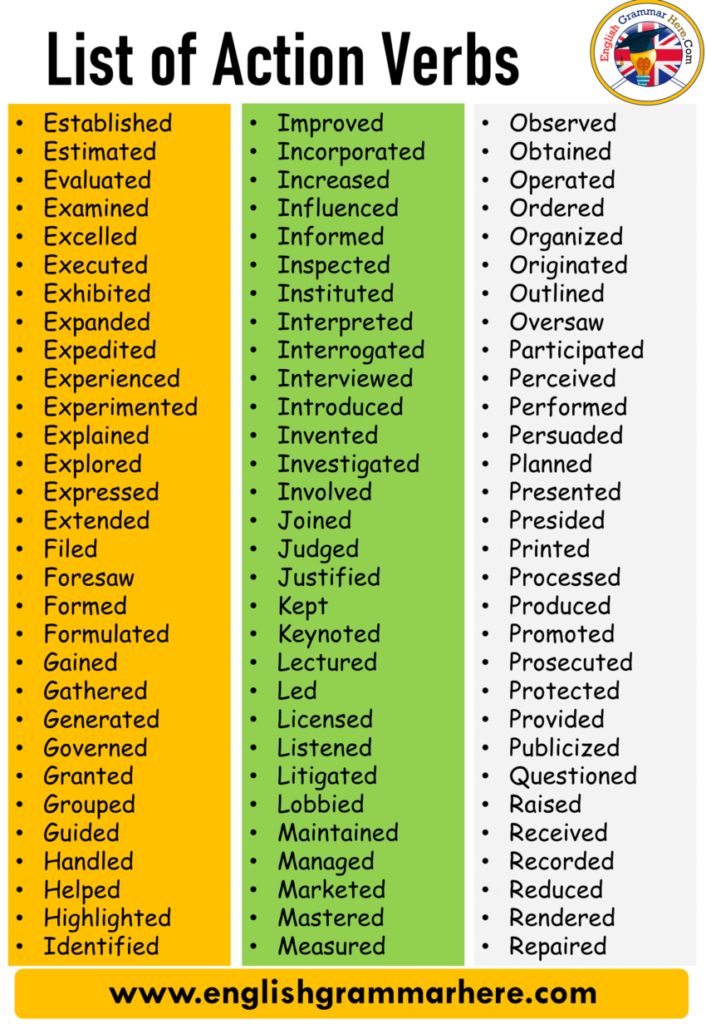 I tried to choose the most necessary English verbs. Of course, this list can and should be expanded, but that's a completely different story. Everything has its time.
I tried to choose the most necessary English verbs. Of course, this list can and should be expanded, but that's a completely different story. Everything has its time.
My task was to prepare for you a list of English verbs for "survival" - ie. to help you understand basic English.
If you are just starting to learn English, this list will be more than ever helpful. All verbs are given in their initial form - the infinitive. Many verbs have more than one meaning, so I give only the very first one, you can look up the rest of the meanings in the dictionary if you are interested.
Fundamental English verbs
- Be – be
- Have - have
- Do - do
- Make - make
- Get - get
- Take - take
- Try - try
- Know - know
- Think - think
- Feel - feel
- See
- Give - give
- Bring - bring
- Buy - buy
- Cost - cost (about the price)
- Break - destroy
- Put
- Eat - eat (eat)
- Sleep - sleep
- Drink - drink
- Understand
- Write - write
- Read
- Speak
- Tell - tell
- Meet - meet
- Teach - teach
- Learn
- Send – send
Article in the topic:
How to say "I like" or "I don't like" in English in different ways
- Forget - forget
- Dream - dream
- Pay - pay
- Sell - sell
- Call - call
- Play – play
- Drive - drive a car
- Travel - travel
- Start - start
- Stop - stop
- Need
- Use - use
- Can - to be able (to be able)
- Clean - clean
- Help - help
- Run - run
- Cook - cook food
- Open - open
- Close
- Move – move
- Sing - sing
- Swim - swim
- Dance - dance
- Work - work
Having learned these English verbs and set phrases, you will be able to understand everyday English in an elementary way, that is, you will need these basic knowledge at first.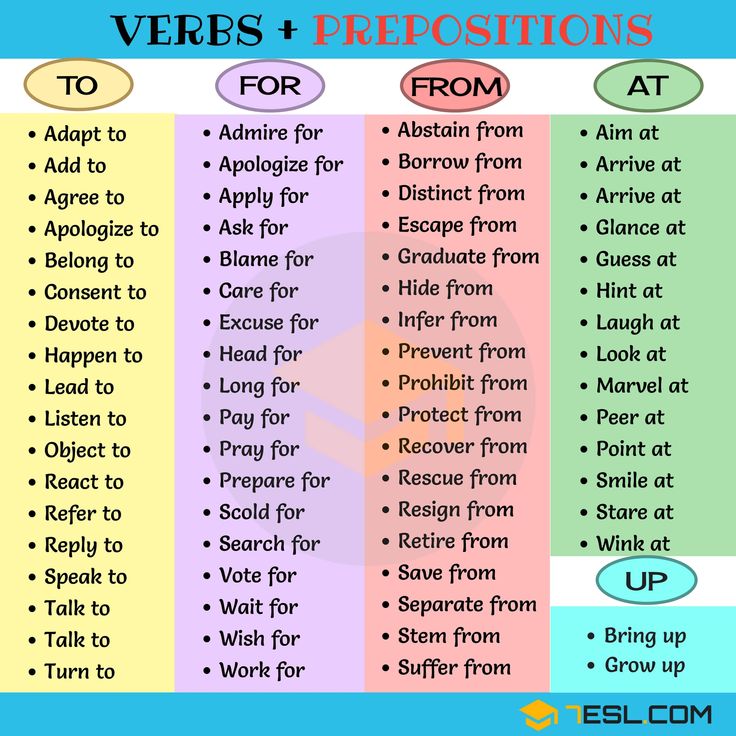 Further it is worth deepening knowledge and learning more English verbs.
Further it is worth deepening knowledge and learning more English verbs.
Article in the topic:
How to learn to write in a foreign language and learn the alphabet on your own: useful tips
Necessary stable phrases
There are times when self-study of a language comes to a standstill, you simply cannot force yourself to sit down and open a book, or some material remains incomprehensible.
In this case, I advise you to contact tutors who know how to help you learn a new language, give you the right direction, explain complex material.
Learning never exhausted the mind.
Leonardo Da Vinci
By the way, if you have a question about English, feel free to write to me and I will be happy to give you an answer.
Good luck!
300 English verbs - English School
300 English verbs - English SchoolContents
- 1 Irregular verbs
- 2 Regular verbs
Vocabulary is half of your success! The more words you recognize in the speech of the interlocutor, the more natural your dialogues will be. However, learning all the words in the dictionary in a row is inefficient, since you will easily forget those words that are rarely used in normal communication.
In order to easily communicate with any person on everyday topics, usually a few hundred words are enough, and among them the most important place is occupied by verbs. Let's list the most popular English verbs in everyday speech .
Irregular verbs
Irregular verbs are verbs whose tenses do not correspond to the rules of the English language.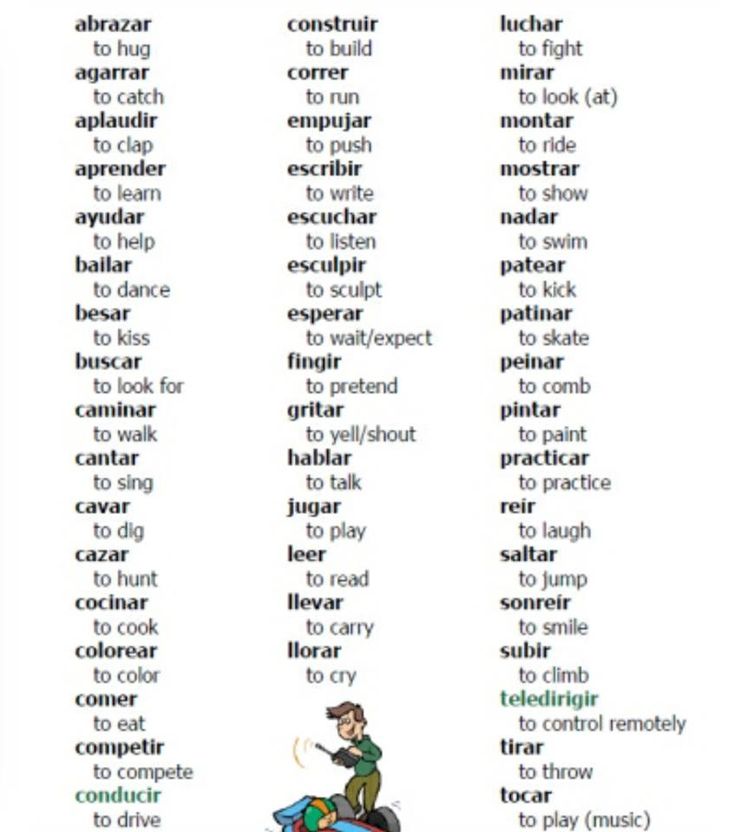 It is impossible to trace the single meaning of the conjugation of irregular verbs; their forms simply need to be memorized, like a multiplication table. Here we present only the present tense.
It is impossible to trace the single meaning of the conjugation of irregular verbs; their forms simply need to be memorized, like a multiplication table. Here we present only the present tense.
- Become - become
- Be - to be
- Bite - bite
- Break - break
- Blow - exhale
- Build - build
- Buy - buy
- Do - do
- Drink - drink
- Come - come
- Drive - drive
- Draw - draw
- Eat
- Feel - feel
- Fight - fight
- Fall - fall
- Find - find
- Freeze - freeze
- Forgive - to forgive
- Forget - forget
- Fly - fly
- Get - receive
- Give - give
- Go - go
- Grow - grow
- Hear - hear
- Hide - hide
- Have - have
- Hit - hit
- Hold - hold
- Hurt - injure
- Know - know
- Lay - put
- Lend - lend
- Leave - leave
- Lead - lead
- Let - let
- Light - illuminate
- lie - lie
- Lose - lose
- Make - make
- Meet - meet
- Put - put
- Pay - pay
- Read - read
- Ring - call
- Ride - ride
- Run - run
- Rise - get up
- Say - say
- Seek - look for
- See - see
- Set - set
- Send - send
- Shake - shake
- Shine - shine
- Shut - close
- Shoot - shoot
- Sink - sink
- Sing - sing
- Sit - sit
- Sleep - sleep
- Spend - spend
- Speak - speak
- Strike - hit
- Steal - steal
- Stick
- Swear - swear
- Sweep - revenge
- Swim - swim
- Take - take
- Teach - to teach
- Tell - to tell
- Tear - tear
- Throw - throw
- Think - think
- Wake - wake up
- Wear - to wear (clothes)
- Write - write
Regular verbs
Regular verbs are conjugated according to all the rules, and you do not need to memorize all their forms.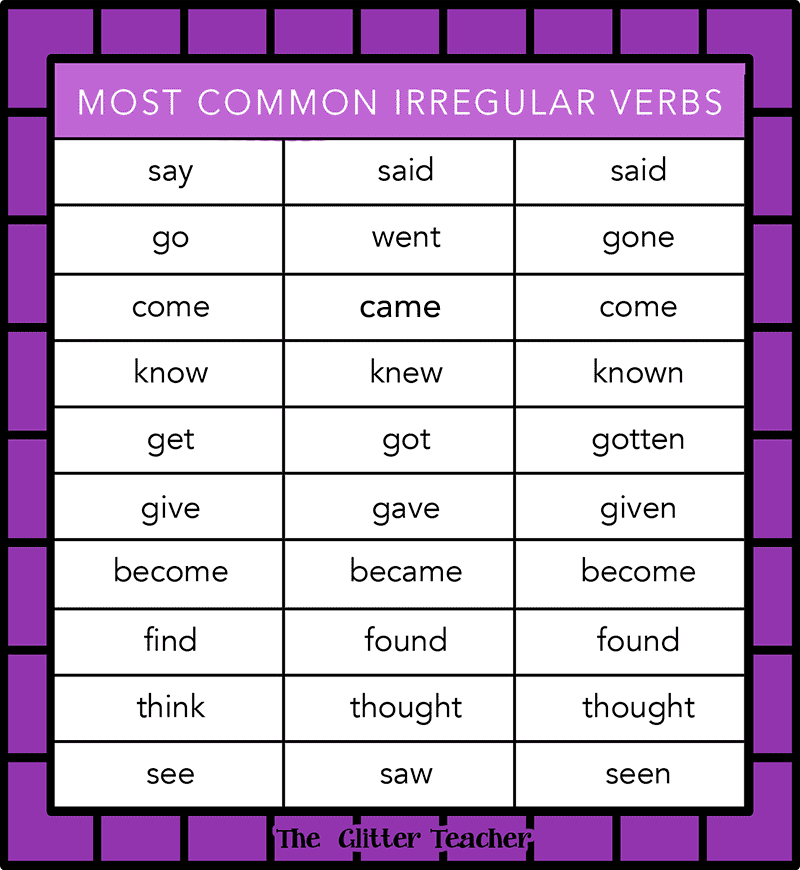 It is enough to remember their meanings.
It is enough to remember their meanings.
- Agree
- Ask - ask
- Answer - answer
- Believe - believe
- Borrow - occupy
- Copy - copy
- Cook - cook
- Close - close
- Change - change
- Call - call
- Carry - wear
- Decide - Decide
- Explain - to explain
- Cry - scream
- Grip - grab
- Glow - glow
- Handle - manage
- Happen - happen
- I magine
- I mprove - improve
- I mpress - impress
- I nfluence - influence
- I nclude - include
- I ncrease - increase
- I nform notify
- I njure - bruise
- I nject — inject
- I nterest - interest
- I nvite - invite
- I ntroduce - represent
- I rritate - resent
- J oin - bind
- J oke - joke
- J uggle - deceive
- J udge
- J ump — jump
- K ill - kill
- K ick - kick
- K iss - kiss
- K nock — knock
- K nit - knit
- K not - knot
- L abel - label
- L ast - last
- L augh — laugh
- L evel - align
- L icense - allow
- L ie - lie
- L isten — listen to
- L ike — like
- L ive — live
- L ook — see
- L ock - lock
- L ong - wish
- L ove — love
- M anage - drive
- M arch - border
- M arry - marry
- M atter - means
- M easy - measure
- M eddle - inquire
- M emorize - remember
- M elt - dissolve
- M end - repair
- M iss - fail
- M ilk - milk
- M ix - mix
- M ultiply - increase
- M uddle - stir
The listed verbs are necessary for every person studying the language.
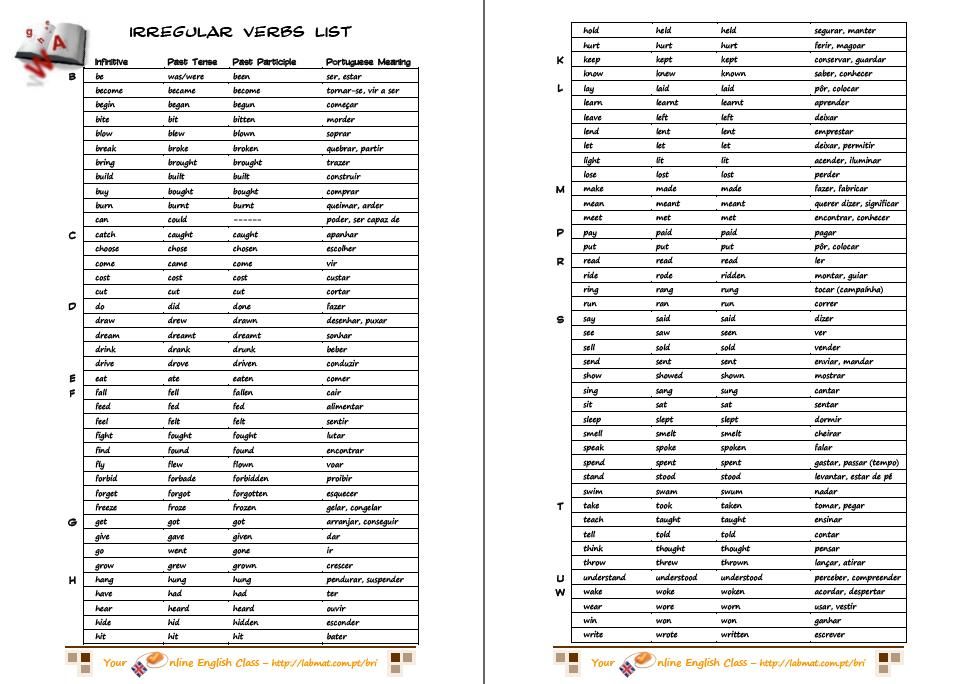
Learn more

